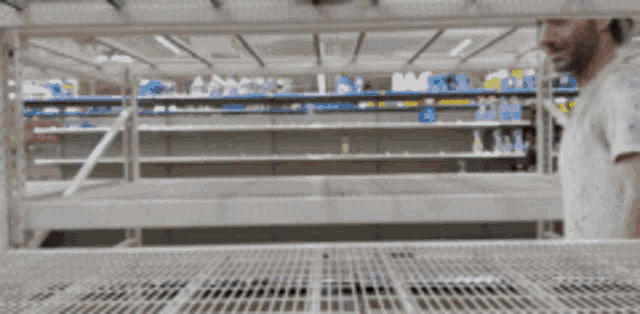Verdant, popping cans & being open about it all
As you can imagine it’s been a tough few weeks down at Verdant. As former obsessive homebrewers, our passion for making amazing beer goes beyond business and when a batch falls short of our sky-high expectations, we take it hard.
When we started receiving reports of un-pourable kegs and popping cans we immediately started what turned out to be a long, drawn-out process of cleans, tests, reports and surveys to work out the cause. The solutions aren’t easy or cheap but we are determined to stop this ever happening again. In the meantime, transparency and dialogue is very important to us – it’s part of what sets craft beer apart – so with that in mind we wanted to tell you exactly what happened and what we’re going to do about it.
Like many small breweries we buy in our wet yeast from a yeast bank. It arrives at the brewery and we pitch it into a wort that day. We then use that yeast for six-to-eight generations, cropping off the last batch and pitching into a new one.
We originally used a generic London Ale III yeast from a bigger yeast bank, but after conducting tests we found that it had other strains in the sample that definitely weren’t helpful for the juicy IPAs we tend to make. Our current supplier offered to isolate the London Ale III yeast and propagate it for us, which went extremely well for many batches – including Putty and Fruit, Car, Sight, Exhibition which we are extremely proud of.
Around April we took a pitch that, after a few days fermentation, started to produce sulphur notes in the first generation beer. We monitored it carefully but the aroma disappeared during conditioning and attenuation (consumption of sugar by yeast) was normal. Even so we ordered a new pitch as a safety net and started using that two weeks later.
The beers with this slightly sulphurous pitch reached terminal gravity and was stable there for our standard 48 hours. We then performed our usual forced diacetyl test, soft crash, harvest, dry hop, rouse, crash, carb and package without any sign of issues. Fast forward 3-5 weeks though and we started getting reports of over-carbonated beer, and eventually popping cans. The beer we packaged was within our metrics, so clearly further fermentation had happened in can and keg that had raised the pressure. This was confirmed by the fact that, by now, any remaining beers using this batch of yeast could not reach a terminal gravity. They just kept creeping down, and down, and down. Typically we see around 70-76% attenuation, but some batches were hitting the mid-90s!
Our hunch was that we had a Saccharomyces cerevisiae var. diastaticus yeast infection. This is a ‘wild’ variant of standard brewer’s yeast that contains an amylase that breaks down more starch into sugar, and therefore can lead to further, unexpected fermentation especially at higher temperatures than we keep them at the brewery. We sent 3 beers for micro analysis: a suspect beer, a beer using the second new pitch and a control beer (Bloom, which uses dry yeast) and sure enough, the suspect beer came back with evidence of diastaticus while the others were clear.
In the end we had to dump five batches – 7,500 litres of beer – and recall all the batches where they hadn’t already been drunk. If cold chained, cold stored and drunk fresh no consumer would have been aware of the issue, but ambient temperatures in this searing summer has resulted in pouring issues and can popping for which we take full responsibility. All customers who return the cans will get a £5 refund per can, a £5 apology and £5 to refunding shipping.
So where do we go from here and how do we prevent it from happening? In the short term we have switched yeast supplier while we look into the protocols at our original yeast bank. Unfortunately none of our prospective suppliers conduct genetic tests for diastaticus on outgoing yeast pitches, so the only way to know for sure that our pitches are pure is to install and run a qPCR lab ourselves at huge cost. That said, it is something we are looking into alongside the purchase of a centrifuge.
On top of that, we will speak to all of our wholesale customers to work out exactly how the beer is transported and stored, and look to work with those who commit to cold storage, fast transportation and cold chain wherever possible. We also hope to speak to our end retailers and customers to hammer home the importance of storing cold.
There have been many positives to this episode too, though. While rooting out the problems we have learned a lot about yeast, genetic testing and hygiene that will help us tighten our processes in the future and produce even better, even more consistent beer. We hope that doing so will go someway to apologising to all our amazing customers, but we’d also like to send our sincere apologies for the inconvenience caused to you all. If you have any questions as a brewer or a drinker, we are always available on email, Twitter, Facebook and Instagram – all the links are below.



